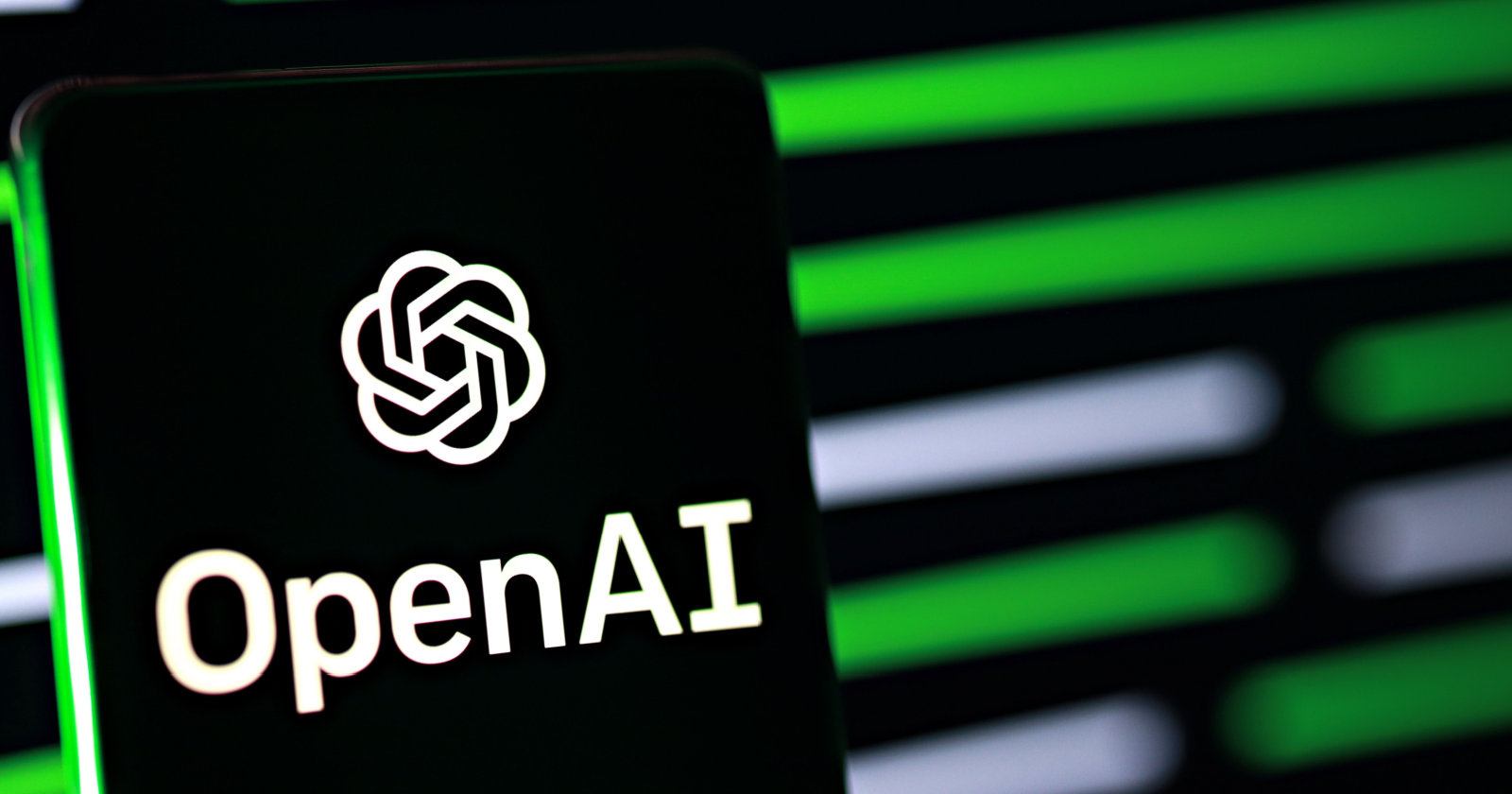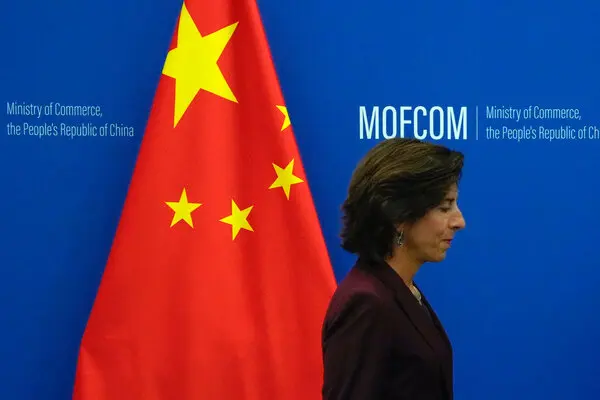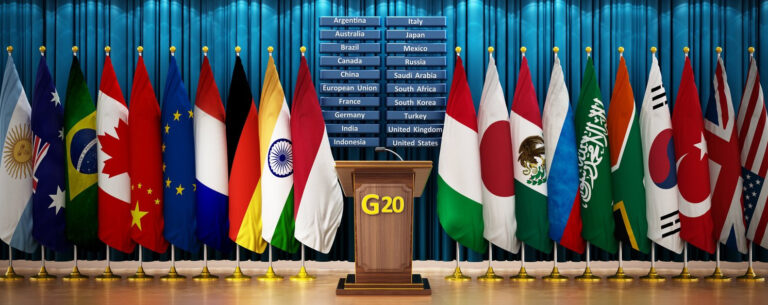OpenAI has emerged as a pioneering force in the field of artificial intelligence, driving advancements that have the potential to revolutionize various industries and impact society as a whole. By promoting openness, collaboration, and responsible AI development, OpenAI is playing a crucial role in shaping the future of technology. In this blog post, we will explore real-life examples of how OpenAI is making a significant impact and transforming the world.
OpenAI’s GPT (Generative Pre-trained Transformer) models have made remarkable strides in natural language processing. GPT-3, in particular, has demonstrated the ability to generate coherent and contextually relevant text, paving the way for advancements in chatbots, language translation, content generation, and even creative writing. Companies like ChatGPT and others are leveraging OpenAI’s language models to provide personalized and intelligent conversational experiences. The applications range from virtual assistants that can handle complex tasks to language translation tools that bridge communication gaps across different languages and cultures.
Artists and musicians have used OpenAI’s models to explore new possibilities and push the boundaries of creativity. For instance, the creation of unique artwork and music compositions has been made possible by combining human input with AI-generated suggestions. OpenAI’s creative applications are inspiring new forms of artistic expression and expanding the horizons of human creativity.
The development of AI agents capable of learning complex tasks through trial and error has led to breakthroughs in robotics, enabling machines to perform intricate tasks with precision. These advancements have practical implications in manufacturing, logistics, and healthcare industries, where autonomous robots can enhance efficiency and productivity. OpenAI’s contributions to automation and robotics are revolutionizing industries and transforming the way we work and live.
OpenAI is actively advocating for ethical AI practices and responsible development. By emphasizing safety, transparency, and fairness, OpenAI aims to ensure that AI technologies are developed and deployed in a manner that benefits humanity as a whole. OpenAI’s commitment to avoiding harmful use cases and providing guidelines for responsible AI research sets a positive example for the wider AI community. They actively work towards addressing biases, ensuring privacy and security, and building trust in AI systems, contributing to the overall responsible development and deployment of AI technology.
Initiatives like OpenAI for All support projects that focus on using AI to tackle issues like climate change, healthcare accessibility, and education. By encouraging collaboration and providing resources, OpenAI fosters innovation and promotes the use of AI as a force for positive change. For example, AI can help in climate modeling and prediction, enabling more accurate forecasts and informed decision-making to mitigate the effects of climate change.
The rise of OpenAI has ushered in a new era of possibilities, where the boundaries of artificial intelligence are continually pushed. From language processing and creative applications to automation and responsible AI development, OpenAI’s impact is far-reaching and transformative. As OpenAI continues to advance AI technology, it is essential to prioritize ethical considerations, collaboration, and the common good to ensure that AI benefits society. By embracing the principles of openness and responsible development, OpenAI is shaping a future where AI is a powerful tool for positive change, revolutionizing industries, and addressing pressing global challenges.









+ There are no comments
Add yours